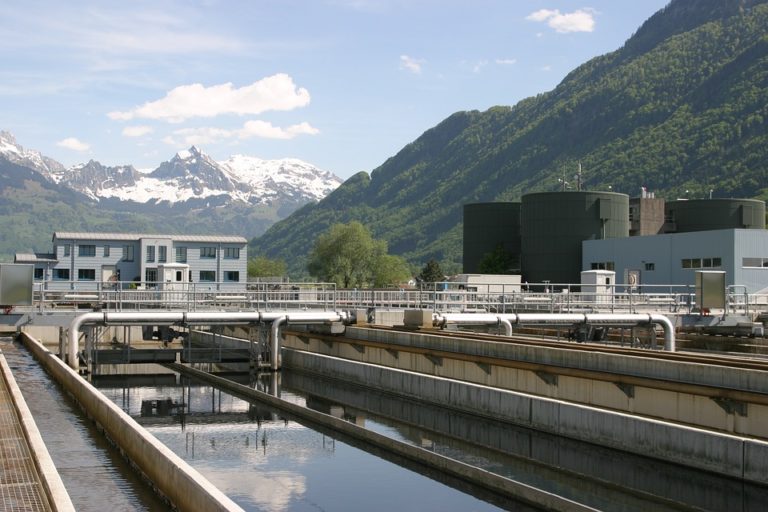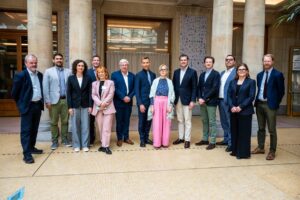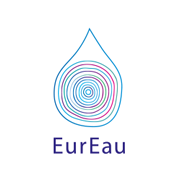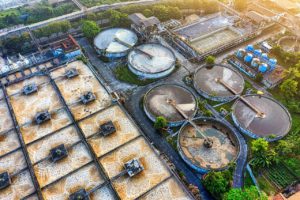New Ambitions for Europe’s Waste Water Sector

Sewage treatment plant switzerland. (Image source: Pixabay)
The revision of the 1991 UWWTD is an opportunity to develop an ambitious, innovative, supportive and straight-forward new policy for waste water collection and treatment that aligns with the Green Deal goals and makes the Directive fit for the decades to come. The original UWWTD is a lynchpin piece of European legislation and concerns the collection, treatment and return to the environment of waste water coming from our homes and business.
“The European water sector has a responsibility to contribute to sustainably protect public health and the water environment. We already make a significant contribution to meeting the Green Deal and Zero Pollution goals. Todays proposal is suitably ambitious, as it courageously addresses the remaining environmental pollution and public health protection challenges we face in Europe. Additionally, it sets the agenda for waste water services in the EU. We acknowledge this vision and we are ready to realise it. This is possible with time to implement, sufficient investments and regulations that help polluters play a more central role in contributing to the transition. The future success story of UWWTD very much depends on cross-sectoral dedication and responsibility.” said acting EurEau President, Pär Dalhielm.
The proposed legislation is positive in many respects. This proposal gives waste water operators better instruments to control industrial discharges. In addition, we see that other sectors are encouraged to contribute to the protection of the water environment. We are pleased to see the inclusion of Control at Source measures and the principle of EPR that will enable the pharmaceutical and cosmetic sectors to reduce the impact of their products on the environment. However, we need these provisions to have teeth, as without effective EPR schemes, there will be no financing of quaternary treatment.
Implementing this directive will have a cost, part of which will be borne by citizens. It will be a substantial task for the Member States and European water operators to minimise the extra outlay in order to keep water services affordable for everyone. EPR schemes are essential to achieving this objective.
The proposal puts special attention on rain water management in agglomerations: this is a huge challenge for municipalities and waste water service providers already confronted by the ongoing consequences of climate change.
Delivering the goals put to us today by the Commission will require financing of the necessary upgrades to our infrastructure over the next 30 years. Resources will need to be coordinated across Europe to deliver these ambitions.
EurEau members continue to work with the EU institutions and other stakeholders to protect human health and the environment.
Source: EurEau







